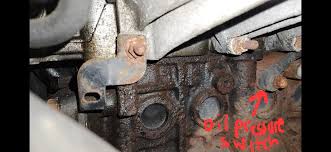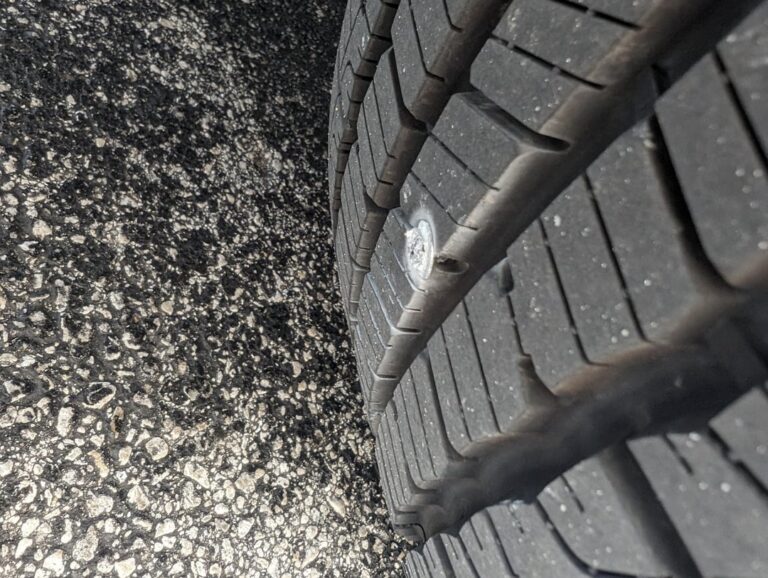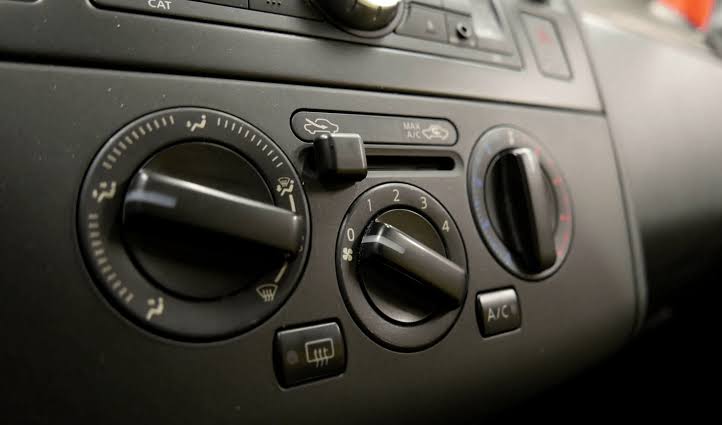Does Head Gasket Leak Oil?

A head gasket is a crucial component in your vehicle’s engine, sealing the combustion chambers and ensuring that oil and coolant do not mix. But what happens when the head gasket fails? One of the potential symptoms of a failing head gasket is an oil leak. In this article, we’ll discuss whether a head gasket can leak oil, the causes of head gasket failures, signs to watch out for, and what steps you should take to address the issue.
What Does a Head Gasket Do?
The head gasket is a thin but durable seal located between the engine block and the cylinder head. Its primary functions include:
- Sealing Combustion Chambers: Ensures the engine maintains proper compression for efficient operation.
- Separating Fluids: Prevents oil and coolant from mixing or leaking.
- Maintaining Temperature Regulation: Supports the engine’s cooling system by keeping fluids in their designated pathways.
When the head gasket fails, it can compromise one or more of these functions, potentially leading to oil leaks.
Can a Head Gasket Leak Oil?
Yes, a head gasket can leak oil, but it depends on where the failure occurs.
External Oil Leaks
When the head gasket fails externally, it can cause oil to seep out of the engine. This type of leak is usually visible and may appear on the sides of the engine block.
Internal Oil Leaks
In some cases, a head gasket failure may cause oil to leak internally into the combustion chamber or the coolant passages. This type of leak is harder to detect and can lead to more severe engine damage.
Causes of Head Gasket Oil Leaks
1. Overheating
Excessive heat can warp the cylinder head or engine block, compromising the seal of the head gasket.
2. Wear and Tear
Over time, the gasket material can deteriorate due to heat cycles, vibrations, and chemical exposure, leading to leaks.
3. Poor Installation
If the head gasket was not installed correctly during previous repairs, it could fail prematurely.
4. Engine Stress
High-performance driving, towing heavy loads, or frequent short trips can put additional stress on the gasket, increasing the risk of failure.
Signs of a Head Gasket Oil Leak
If your head gasket is leaking oil, you may notice one or more of the following symptoms:
1. Oil Spots Under the Car
Visible oil leaks underneath the engine are a common sign of an external head gasket leak.
2. Burning Oil Smell
If oil leaks onto hot engine components, it can produce a noticeable burning smell.
3. Low Oil Levels
Frequent drops in oil levels without a clear reason could indicate a leak.
4. Overheating Engine
A compromised head gasket may also lead to engine overheating, especially if the oil leak affects the cooling system.
5. White Smoke from Exhaust
If oil leaks into the combustion chamber, you may see white or bluish smoke coming from the tailpipe.
6. Milky Oil
A mix of oil and coolant can create a milky substance in the engine oil, indicating an internal leak.
How to Diagnose a Head Gasket Oil Leak
If you suspect a head gasket oil leak, it’s important to have the issue diagnosed by a professional mechanic. Common diagnostic methods include:
1. Visual Inspection
Mechanics will check for visible oil leaks around the engine block and cylinder head.
2. Compression Test
A compression test can reveal whether the head gasket is failing to seal the combustion chambers properly.
3. Coolant and Oil Analysis
Testing the coolant and oil for cross-contamination can confirm an internal leak.
4. Leak-Down Test
This test pressurizes the cylinders to check for leaks in the head gasket or other engine components.
How to Fix a Head Gasket Oil Leak
Repairing a head gasket oil leak can range from simple fixes to major engine repairs, depending on the severity of the problem.
1. Minor Leaks
For small external oil leaks, using a head gasket sealer product may provide a temporary solution. However, this is not a permanent fix.
2. Gasket Replacement
Replacing the head gasket is the most effective way to address the issue. This involves disassembling the engine, replacing the gasket, and reassembling the components.
3. Addressing Underlying Issues
If overheating or engine stress caused the gasket failure, these issues must be resolved to prevent recurrence.
Preventing Head Gasket Failures
While some head gasket failures are inevitable due to age, you can reduce the risk by:
- Regular Maintenance: Keep up with oil changes, coolant flushes, and engine tune-ups.
- Monitoring Engine Temperature: Avoid driving with an overheating engine.
- Using Quality Parts: Invest in high-quality gaskets and engine components during repairs.
- Driving Gently: Minimize high-performance driving and avoid sudden accelerations.
FAQs
1. Can I Drive with a Head Gasket Oil Leak?
Driving with a leaking head gasket is not recommended, as it can lead to more severe engine damage over time.
2. How Much Does It Cost to Fix a Head Gasket Oil Leak?
Repair costs vary depending on the severity of the leak and your vehicle type, but head gasket replacements typically range from $1,000 to $2,500.
3. Can a Head Gasket Leak Oil Without Other Symptoms?
Yes, in some cases, an external oil leak may be the only symptom of a failing head gasket.
4. Is It Better to Repair or Replace a Head Gasket?
If the leak is severe and the engine is older, replacing the gasket may be the best option. In some cases, it may be more cost-effective to consider a full engine replacement.
Conclusion
A head gasket oil leak is a serious issue that requires immediate attention to prevent further damage to your engine. While it’s possible to temporarily address minor leaks with sealers, replacing the head gasket is the most effective long-term solution. By understanding the causes and signs of head gasket failure, you can take proactive steps to protect your engine and keep your vehicle running smoothly.
If you suspect a head gasket oil leak, consult a trusted mechanic to diagnose and repair the issue before it leads to costly repairs.
Also Check:
• Does a Blown Head Gasket Leak Oil?






One Comment